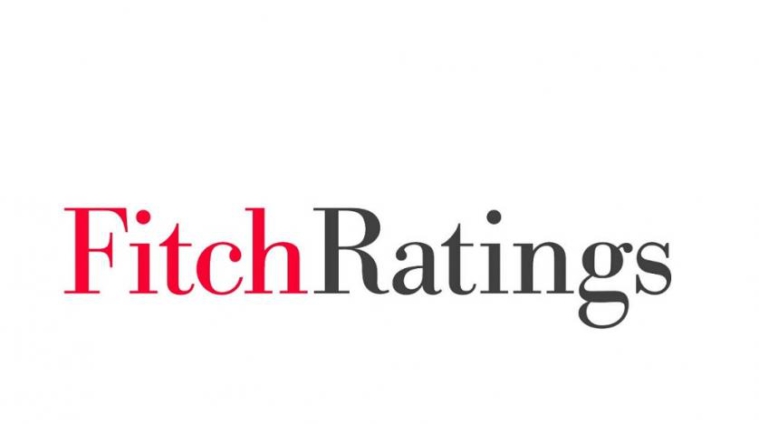Ratings agency, Fitch, has taken rating action against 12 Nigerian banks following the devaluation of the naira.
Fitch maintained the Rating Watch Negative (RWN) on First City Monument Bank's (FCMB) and Union Bank of Nigeria PLC's (UBN) Long-Term IDRs of 'B-' and National Long-Term Ratings of 'BBB+(nga)' and 'BBB(nga)', respectively.
It simultaneously affirmed eight other Nigerian banks' and two bank holdings companies' (BHCs) Long-Term IDRs at 'B-', while also affirming the issuers' National Long-Term Ratings with Stable Outlooks.
These entities are Access Bank Plc, Zenith Bank Plc, FBN Holdings Plc, First Bank of Nigeria Ltd, United Bank for Africa Plc (UBA), Guaranty Trust Holding Company Plc (GTCO), Guaranty Trust Bank Limited (GTB), Fidelity Bank PLC, Wema Bank PLC and Jaiz Bank PLC.
The National Long-Term Ratings of Stanbic IBTC Holdings PLC (SIBTCH) and Stanbic IBTC Bank PLC (SIBTC) were also affirmed at 'AAA(nga)' with a Stable Outlook.
ENG's Shareholder Support Rating (SSR) and the other issuers' Government Support Ratings are unaffected by the event.
Key Rating Drivers
The Nigerian naira was recently devalued sharply exceeding Fitch expectations of a more moderate depreciation in 2024.
The large devaluation is the second within a year (70% devaluation since end-2022) and has converged the official exchange rate with the parallel market rate.
The continued move away from a longstanding managed exchange rate regime, Fitch, said is conducive to restoring capital inflows and reducing foreign-currency (FC) shortages that have weighed on economic activity in recent years. However, it creates short-term macroeconomic risks, such as accentuating already-high inflation (December 2023: 29% year-on-year) that may weigh on economic growth, heightening loan quality and capital pressures already facing the banking sector.
Fitch now expects the banking sector's impaired loans (Stage 3 loans) ratio to increase at a faster pace than before the devaluation, which itself has caused already material FC-denominated problem loans to have inflated relative to gross loans and core capital and accentuated credit concentration risks.
Latest Stories
-
Town council in Canada at standstill over refusal to take King’s oath
20 mins -
Trump picks Pam Bondi as attorney general after Matt Gaetz withdraws
32 mins -
Providing quality seeds to farmers is first step towards achieving food security in Ghana
43 mins -
Kenya’s president cancels major deals with Adani Group
2 hours -
COP29: Africa urged to invest in youth to lead fight against climate change
2 hours -
How Kenya’s evangelical president has fallen out with churches
2 hours -
‘Restoring forests or ravaging Ghana’s green heritage?’ – Coalition questions Akufo-Addo’s COP 29 claims
2 hours -
Give direct access to Global Health Fund – Civil Society calls allocations
4 hours -
Trudeau plays Santa with seasonal tax break
4 hours -
Prince Harry jokes in tattoo sketch for Invictus
4 hours -
Akufo-Addo commissions 200MW plant to boost economic growth
4 hours -
Smallholder farmers to make use of Ghana Commodity Exchange
5 hours -
I want to focus more on my education – Chidimma Adetshina quits pageantry
5 hours -
Priest replaced after Sabrina Carpenter shoots music video in his church
5 hours -
Duct-taped banana artwork sells for $6.2m in NYC
5 hours

